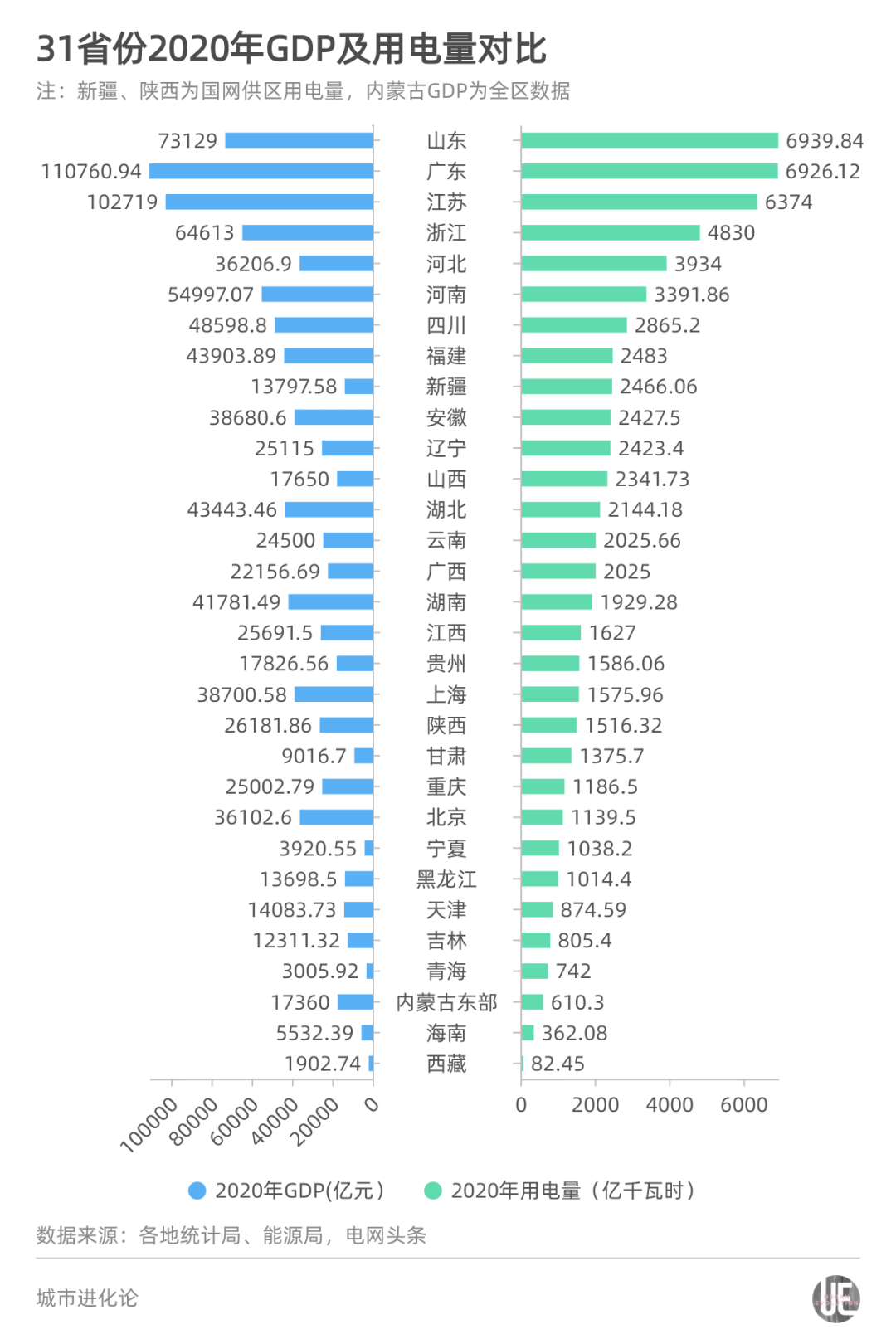
Production drops slightly A lack of material slows down industry
As of: June 8th, 2021 12:32 p.m.
It sounds paradoxical: the order books are full, but production in German industry fell in April. The main reason is the supply bottlenecks for intermediate products such as semiconductors or lumber. In April, industrial production in the German economy fell by one percent compared to March, according to the Federal Ministry of Economics. That is significantly worse than experts had forecast, after a plus of 2.2 percent had been recorded in the previous month. The reason for the decline is the lack of intermediate products such as, which has been widely discussed for a long time Semiconductors or Lumber , which the companies from industry, construction and troubles the energy suppliers.
“A slight disappointment”
The sectors are affected differently by this development. Industrial emissions fell by 0.7 percent. The construction industry recorded a significant minus of 4.3 percent. Energy generation, on the other hand, increased by six percent compared to the previous month. Within the industry, the weighty area of motor vehicles / motor vehicle parts recorded a significant decline of 5.6 percent in a two-month comparison, according to the press release. The comparably weighty mechanical engineering sector, on the other hand, was only slightly below the previous level at minus 0.3 percent. “In view of the high order backlog, that is a slight disappointment,” commented LBBW economist Jens-Oliver Niklasch on the current economic data. This is also how his colleague Alexander Krüger from Bankhaus Lampe sees it: “It is paradoxical: Despite the magnificent order situation, production is not getting underway. Once again it is clear that the industry is still affected by indirect pandemic pressure. Longer delivery times and material bottlenecks are actually signs a boom that is currently not at all. ”
“Material shortage has a full impact”
Thomas Gitzel, chief economist at VP Bank, is of the opinion that the shortage of materials is now having an impact: “Such a constellation is unparalleled. The industry’s order books are well filled and production is giving way.” Nils Jannsen, Head of Business for Germany at the Kiel Institute for the World Economy (IfW Kiel), also sees the delivery bottlenecks as a major problem, as the companies have not been able to fully process the high incoming orders for several months. “In April, the proportion of companies in the manufacturing sector that reported production disruptions due to a lack of preliminary work was at a record level of more than 40 percent,” said the expert. In addition to the shortage of manufactured intermediate goods, Jannsen also observes transport bottlenecks in shipping. For Andreas Scheuerle, an expert at Dekabank, another aspect is also effective: “Delivery bottlenecks certainly hampered production in April. But they alone do not explain the lower industrial production. Another part of the picture is that the infection situation in Germany is continuing tightened the easing of March again. ”
Production expectations are falling
How could it go on in the future? Apparently, there is a certain skepticism among companies: The production expectations of the industry deteriorated in May after a 30-year high had only been reached in the previous month. The corresponding ifo indicator fell by five to 27 points, as the Ifo Institute announced in its monthly survey of companies. “The picture of production expectations in the individual sectors is very different,” said Ifo expert Klaus Wohlrabe. “The auto industry and its suppliers are significantly lowering their expectations, but continue to expect production increases.” The clothing manufacturers, on the other hand, report for the first time after nine months that they want to expand their production. “Additional boost” The economist Scheuerle emphasizes that the order cushion increased again in April, because orders would develop more strongly than production: “This record high order backlog will secure the recovery in the second half of the year as soon as the bottlenecks ease again.” According to ifw specialist Jannsen, it is currently difficult to predict how long the production disruptions will continue. They would presumably only fade gradually and initially put a brake on the recovery in industry. “As soon as these impairments have been overcome, companies will work off the backlog of orders quickly and industrial production will receive an additional boost.”





























































You must log in to post a comment.